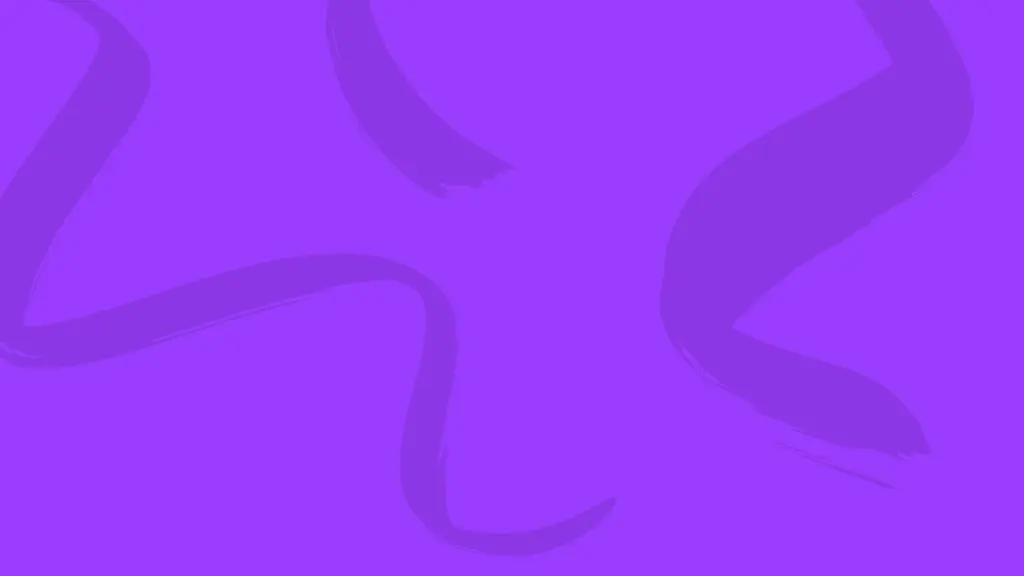Sensitive content
This site contains sensitive content that includes references to sexual violence.
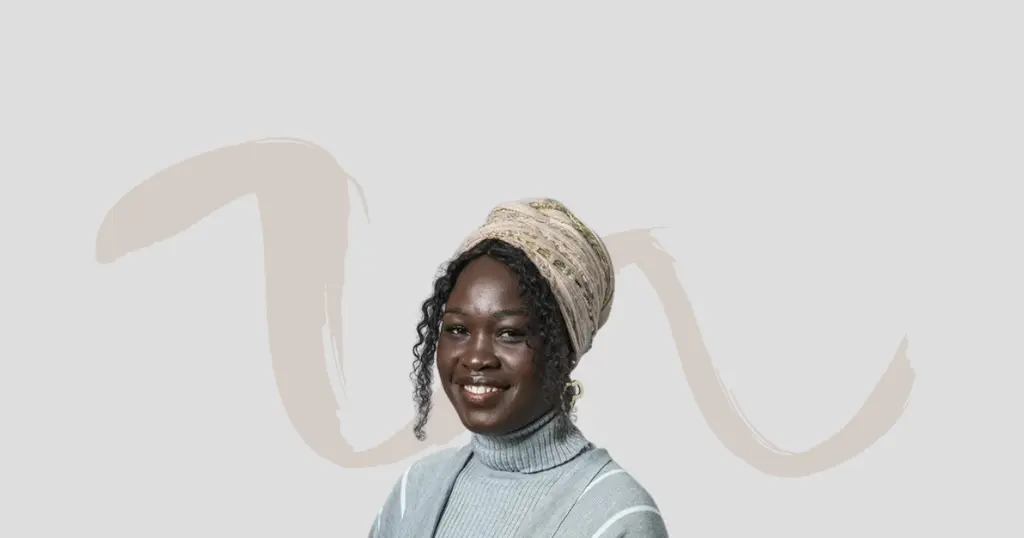
"Leadership doesn’t always shout; sometimes, it listens, observes, and then transforms the world."
An interview with Dr. Daniela Ligiero, Founder, Brave Movement.
I first met Janet after Tabitha Mpamira and Paul Zeitz, two of the first leaders who helped bring the Brave Movement to life, recommended her for our inaugural survivor advisory group (SAGE). Even through a screen, she came across as someone deeply present and attentive. There was a quiet strength to her.
When I finally met her in person in Oxford during the first-ever in-person SAGE meeting in 2022, her courage, wisdom, and grace were undeniable. She radiated power that goes beyond words. Since then, it has been a true gift to witness her lead, grow, and start a family—all while continuing her work to protect children and end sexual violence.
Janet Aguti is more than a co-founder—she’s the youngest among Brave’s founding members, a movement builder, and a voice of quiet but undeniable strength. Through her courage, vision, and resolve, Janet is helping shape a future where every child can grow up safe, supported, and free from violence.
Janet Aguti is a mother of two, a counsellor, and the founder and Executive Director of Totya Platform in Uganda.
Below is our conversation, in her own words.
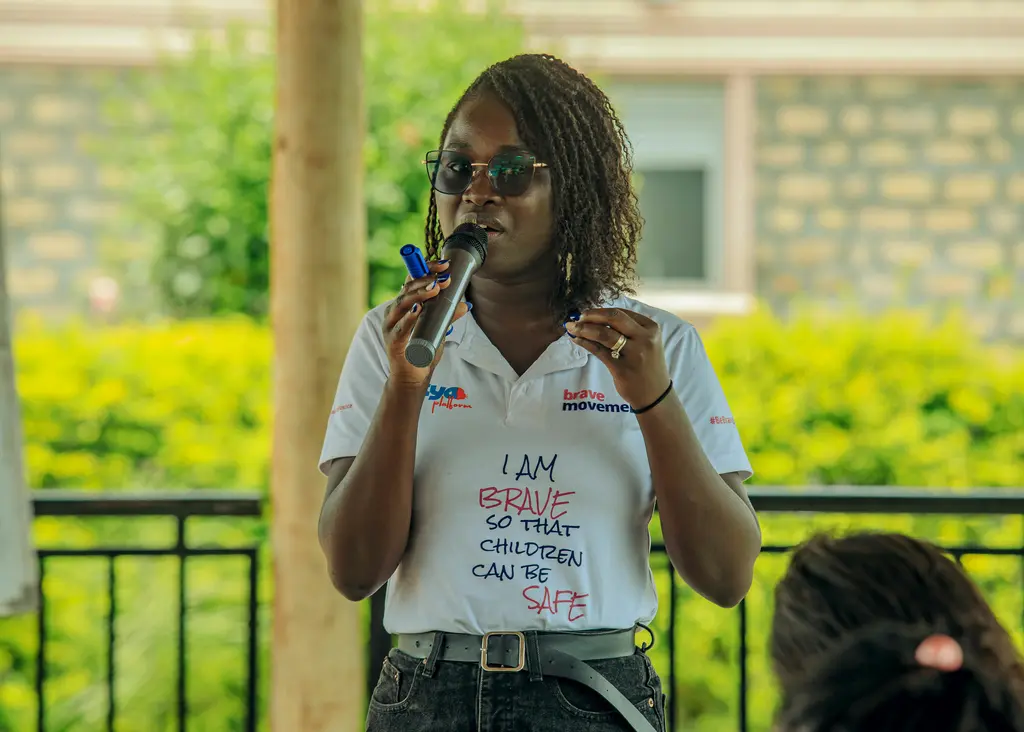
Humble, observant, and courageous.
I sometimes struggle to post about my work—not because I’m not proud, but because I don’t want to come across as bragging. A friend once told me, “That’s what makes you humble—you’re doing all this work and not showing it off.”
I’m observant because I like to take in everything around me—how people behave, how situations unfold—and I reflect before I speak.
And I say courageous because starting Totya Platform took real courage. When I began registering the organization, people didn’t take me seriously because I looked young. But I persisted.
And last year, my district recognized Totya as one of the organizations that is actually serving people of the community and delivering what it set out to do ... I felt seen—and validated.
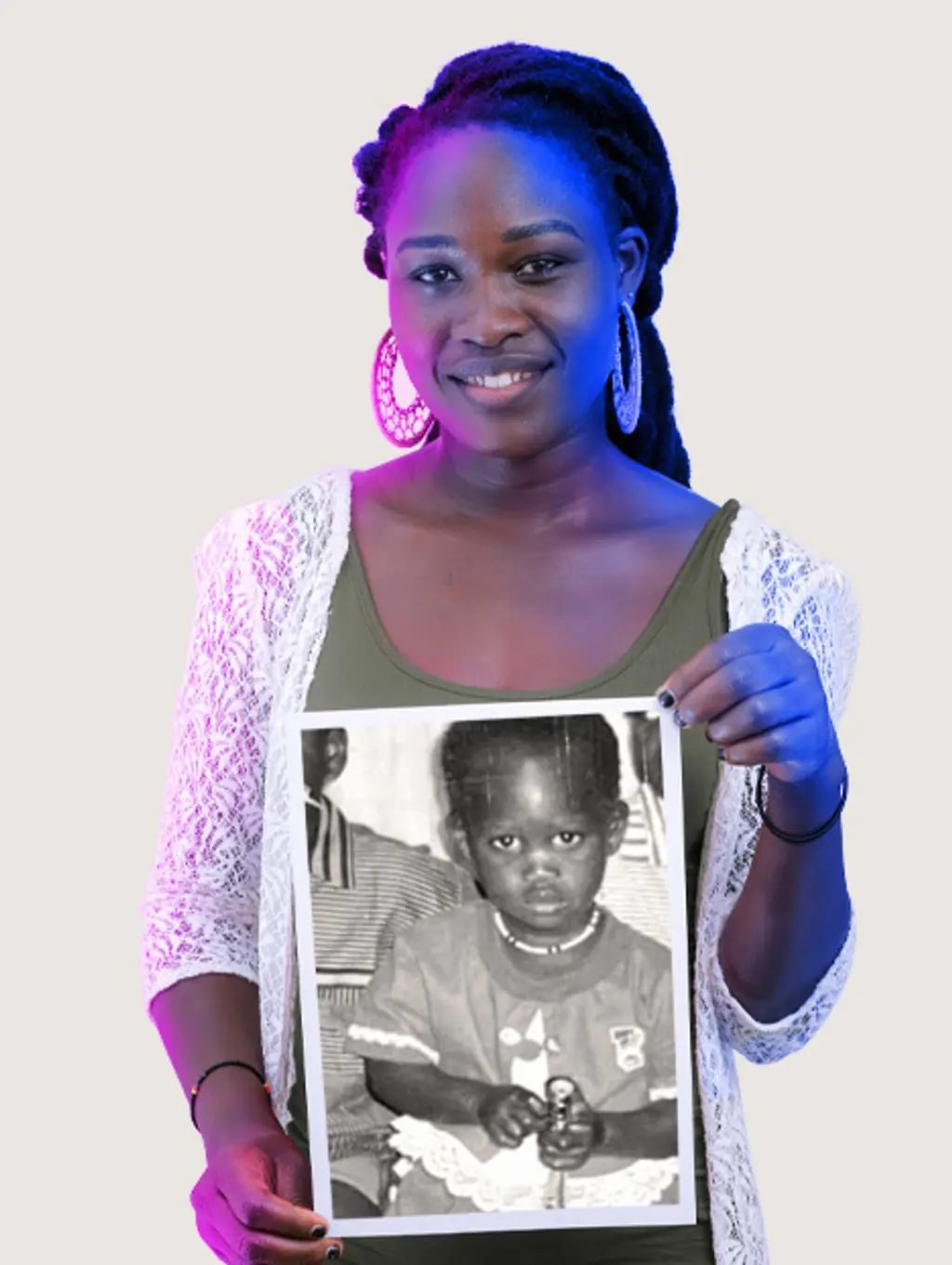
First, I’m proud of my children. They’re the reason I keep going. If I didn’t have them, I’m not sure I would’ve continued. I see the risks children face—even in families that seem safe—and I want to protect them and others.
Second, I’m proud of my personal transformation. Eight years ago, I couldn’t even stand in front of a group and speak. I was carrying the trauma of sexual violence and hadn’t shared it with anyone. Now, I speak publicly, run an organization, and people from my past are amazed. I’m proud of how far I’ve come.
And third, I’m proud to be part of the Brave Movement. This work used to feel so lonely. I was fighting in isolation, not sure if I was even making a difference. But now, when I introduce myself, I say, “I’m part of the Brave Movement,” before I say anything else.
"Brave gave me a megaphone. It turned my voice into a chorus."
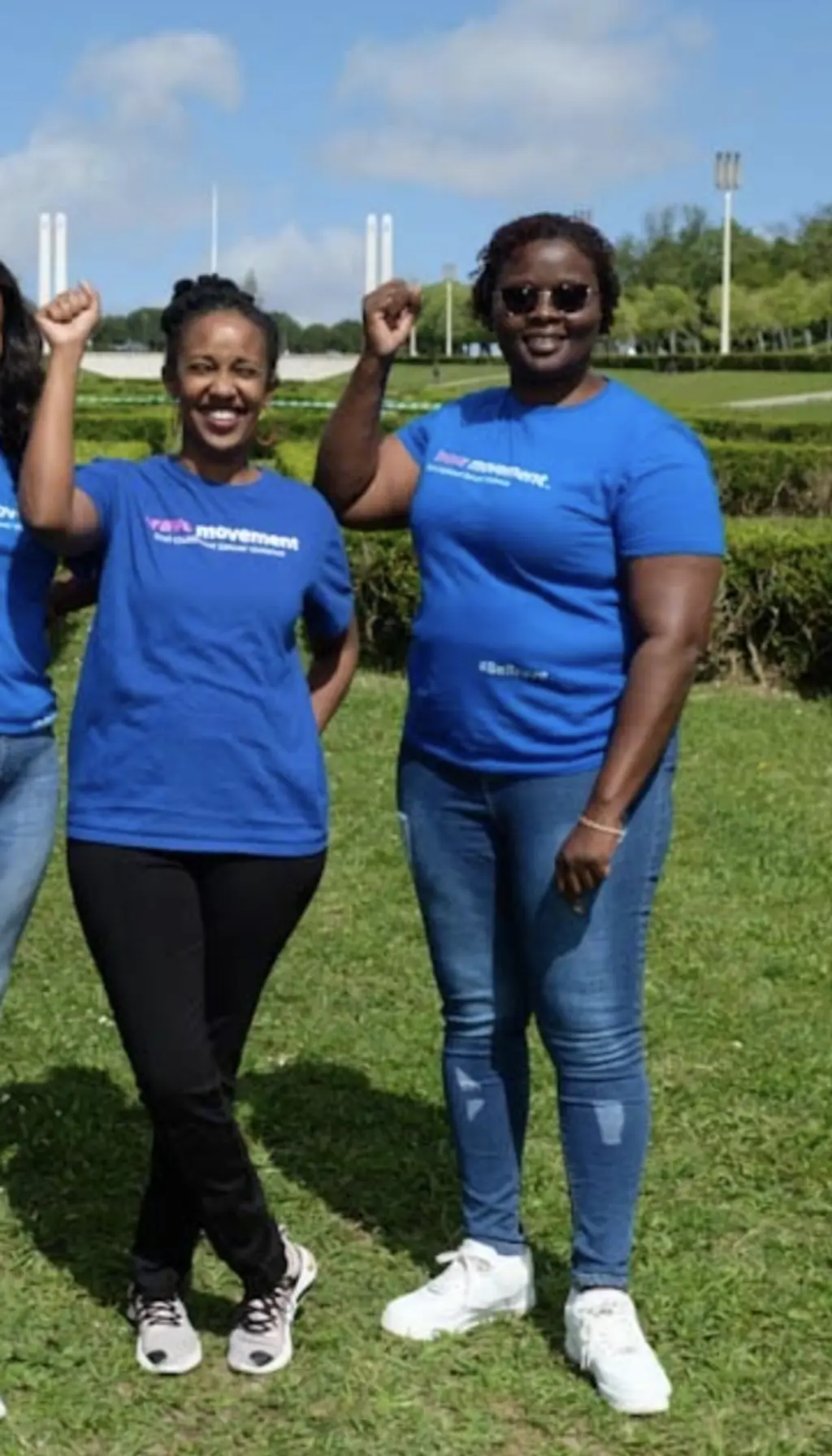
At first, I joined for what I now call selfish reasons. Paul Zeitz (another co-founder of the Brave Movement) told me they were looking for survivor leaders who had spoken publicly about their own experience and were doing work to end sexual violence. I thought, this will help me grow my organization and connect with others. And it did. But I got more than I ever expected.
"Brave helped me believe I wasn’t alone. And that changed everything."
Brave became more than a network. It became a family. It gave me a sense of belonging I didn’t know I needed. I found incredible friends like Tabitha Mpamira and Florence Keya (both also co-founders of the Brave Movement)— people who supported me not just professionally, but emotionally.
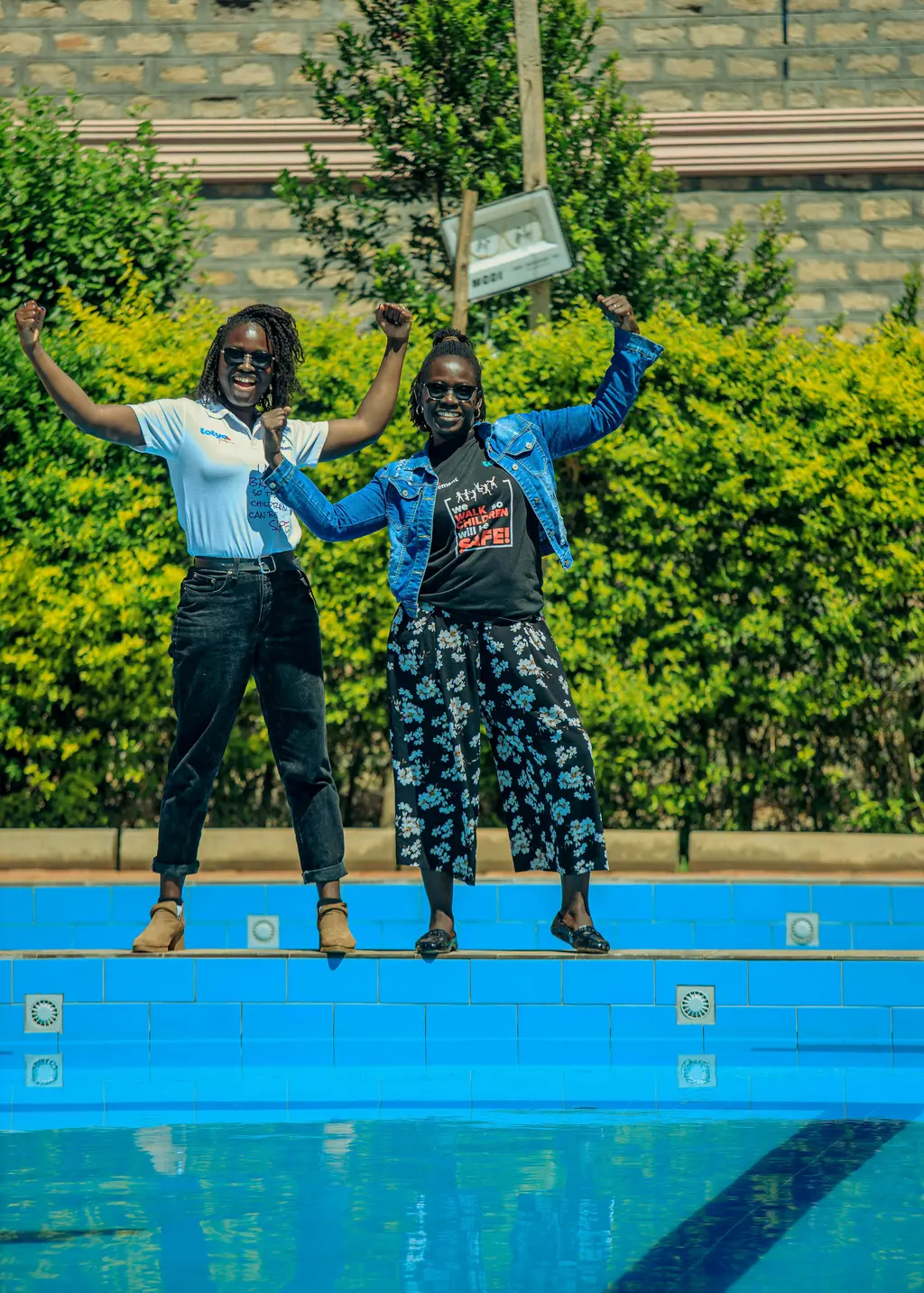
Before Brave, I used to share my story as a victim—to get attention for the issue, sympathy, maybe support for my organization. Brave shifted that. Now, I share from a place of power. I share to inspire, to create change.
Listening to other co-founders share their experiences with strength and clarity taught me a new way of telling mine. It gave me courage.
Brave also gave me platforms I never imagined. People now invite me to speak—not just in Uganda, but globally. Even in places where I never thought I’d have a voice, people now reference Brave as a standard for how to do things right. Brave is setting the bar for child safeguarding, for survivor leadership, for advocacy. And being part of that legacy—it’s something I’m incredibly proud of.
"I now encourage other survivors I work with to do the same: speak from your strength, not just your pain."
I find joy at 10 p.m., when my whole family is asleep. That’s when I read. Fiction helps me escape the weight of the world. It’s my form of self-care.
Since moving to Germany, I’ve also started a vegetable garden with my daughter. She got the idea from kindergarten. It’s been such a special way to bond. Playing with soil, watching something grow—it brings joy, connection, and a sense of peace.
What brings me hope is that people are finally talking about childhood sexual violence. In rural villages, in churches, in schools—it’s no longer a taboo. When I started my work, schools wouldn’t let me in to do awareness sessions. They would say, “we don’t want to talk about this because we don’t want to encourage sexual violence.” Now, they’re calling and asking me to come.
Brave—and movements like it—are making governments and institutions more accountable. And that gives me hope. We’re creating the kind of momentum we once only dreamed about. It’s like HIV awareness in the early days—once no one would speak about it, now everyone knows. I see that same shift happening for sexual violence.
In 10 years, Brave will be the global gold standard for ending childhood sexual violence. We’ll have helped shape policies that protect children everywhere. Our resources and research—like what’s coming from the Safe Futures Hub—will be referenced in every conversation about child protection.
People will say, “Let’s follow the Brave Movement’s guidelines.” That’s the legacy we’re building. I believe by then, child sexual violence will be on a real path to being eradicated—just like HIV became manageable through awareness, activism, and policy change.
It’s not enough to just hear someone’s story. It requires action. If you see something wrong, don’t turn away just because it doesn’t affect you or your loved ones. Speak up. Share what you’ve learned. Support however you can.
"Even just listening can change a life. Violence thrives when we choose inaction."
Real change begins when we move from awareness to action—when we choose to do something instead of nothing.
